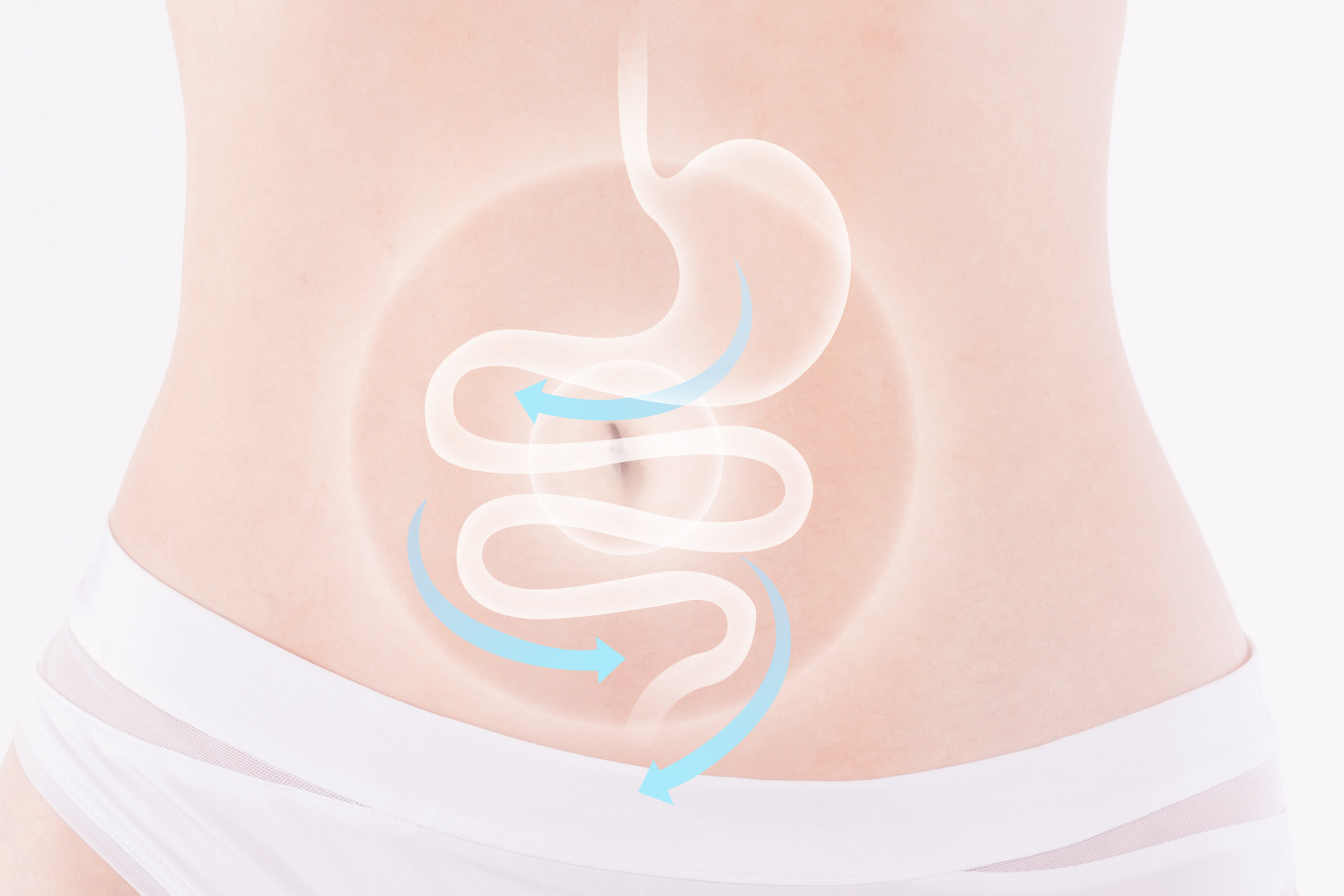"The spleen is the origin of phlegm production, and the lungs are the storage organ for phlegm." The spleen is the source of phlegm production because when the spleen is weak, it cannot timely transform the essence of food and water, causing it to accumulate and condense into phlegm. The spleen is responsible for transporting the essence to the lungs, and when the spleen is weak and produces phlegm, this phlegm will also be transported to the lungs along with the essence. When phlegm accumulates in the lungs, we will feel it and instinctively cough to expel the phlegm. However, this cannot fundamentally solve the problem. If the spleen and stomach are weak, phlegm will continue to be produced, and even if you keep coughing, you will not be able to clear all the phlegm. To give an analogy, if the water upstream is not clean, there will be no clean water downstream to drink.
These phlegm and the unconsolidated water that has not yet turned into phlegm together form dampness. Dampness is irregular in the body and can spread everywhere with qi. If dampness stays in the liver, it can lead to fatty liver. If it lingers around the waist, it can cause a pot belly or a barrel waist. If it overflows into the skin and muscles, the muscles will be filled with fluids, and the face and limbs may become swollen. Therefore, people with severe dampness often appear very obese. In addition, the spread of dampness can also cause irregular menstruation, increased vaginal discharge, back pain, headaches, cervical spondylosis, and so on. This is why there is a saying in traditional Chinese medicine, "all diseases are caused by phlegm."
Strengthening the spleen and transforming dampness with flower tea
How can we resolve internal dampness? Since the spleen is the source of phlegm production, we need to start from the spleen. Let me introduce you to a flower tea that can strengthen the spleen - white lentil flower and tangerine peel tea.
Buy an appropriate amount of white lentil flower, tangerine peel, and white poria from a Chinese medicine store. If you have white lentils growing at home, you can dry the unopened flowers when they bloom. Grind the white lentil flower, tangerine peel, and poria together into a powder. Take about 10 grams of the powder with a spoon every day, put it in a teacup, pour in hot water, steep for 5 minutes, and drink it as a substitute for tea. Adjust the concentration according to your preference.
White lentil flower enters the spleen, stomach, and large intestine channels. It is a rare medicine among flowers that can strengthen the spleen. The "Sichuan Materia Medica" records that white lentil flower can "harmonize the stomach, strengthen the spleen, clear heat, and eliminate dampness. It can alleviate heatstroke, relieve dampness in the middle burner, treat dysentery with pus and blood, and treat summer diarrhea and abnormal vaginal discharge."
As for tangerine peel, many people are familiar with it. When making soup or cooking, many people like to add a few pieces of tangerine peel. It not only helps remove greasiness and fishy odors but also makes the soup taste sweeter and fresher, adding a unique flavor.
Tangerine peel, as the name suggests, refers to the longer-stored fruit peel, mostly from citrus fruits, with the highest quality being those produced in winter. After a long period of drying, the citrus peel becomes dried, which is called tangerine peel. The longer it is stored, the better its effects.
Don't underestimate this humble tangerine peel. In addition to its culinary uses, it can also be used as a medicinal herb. Its medicinal effects are remarkable. "Compendium of Materia Medica" states that it treats various diseases by regulating qi, drying dampness, and has the ability to tonify, purge, raise, and lower. The spleen is the source of vital energy, and the lungs are responsible for respiration. Therefore, tangerine peel is a medicinal herb for both the spleen and lungs. It has the functions of regulating qi, strengthening the spleen, drying dampness, and transforming phlegm. It is suitable for symptoms such as indigestion, bloating in the stomach, and coughing up phlegm. Therefore, tangerine peel is widely used in the regulation of the spleen and stomach and in the preparation of Chinese medicinal remedies. The main ingredients in ancient formulas such as "Er Chen Tang" and "Chen Pi Ban Xia Tang" are tangerine peel, which is an excellent herb for regulating qi, invigorating the middle burner, drying dampness, and transforming phlegm.
Modern medical research has also found that tangerine peel contains a large amount of volatile oil, which has a mild stimulating effect on the gastrointestinal tract. It can promote the secretion of digestive fluids, eliminate stagnant gas in the intestines, improve appetite, and make it easier to cough up phlegm.
In autumn and winter, the elderly are prone to coughing, wheezing, and having excessive phlegm. At this time, it is recommended to drink water infused with tangerine peel or drink soup made with tangerine peel. It has a good effect on phlegm elimination and cough relief.
Traditional Chinese medicine believes that "tangerine peel disperses wind, relieves bitterness, dries dampness, and purges. It can tonify, purge, raise, and harmonize. It is a medicinal herb for the spleen and lung channels, regulating the middle burner and quickly removing stagnation, promoting phlegm transformation, and promoting urination."






